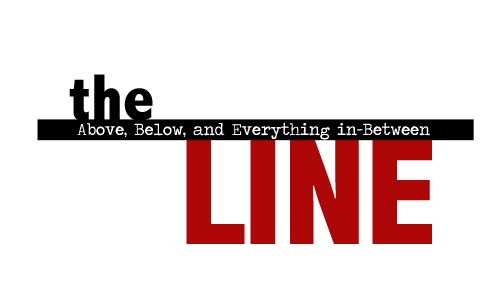For a week leading up to the Oscars, East-coasters under the umbrella of Cablevision's jurisdiction (that's more than 3 million people) were told they would probably not see the event: ABC's parent, Disney, was going to pull the plug if a financial dispute between the cable provider and the network could not be resolved. You couldn't escape the warnings: Radio spots produced by Cablevision decried Disney for its "greed," written advisements scrolled across the bottom of television broadcasts, while audio recordings played in a loop at the On Demand channel.
Even though an earlier, similar dispute between Cablevision and Scripps Networks left subscribers HGTV and Food Network-less for three weeks, it seemed unimaginable Disney would follow through on the threat (at least to me).
But, lo and behold, Saturday night, the network yanked its broadcast. (According to the
LA Times, the signal went dark right in the middle of a rerun of
Lost). Dubious, I turned to the channel. Sure enough, the image before me was nothing more than a white screen over which Cablevision ran a customer alert, encouraging its subscribers to fight back by calling "1-877-NO-TV-TAX."
It seems broadcast networks (like ABC), suffering financially from increasingly poor advertising revenues, are putting a stake in the sand for retransmission fees - the additional revenue stream that is the "bread and butter" for their sister cable channels.
And now, since the Great Equalizer (ie. the official digital changeover), the broadcasters want to play too.
Basically, it works like this: The Service or Cable Provider (Cablevision) pays the Content Provider (ABC) for their content (TV shows). The Subscribers pay Service Providers for cable service. The Content Providers receive a percentage of Subscribers' fees in exchange for the right to have their content aired.
In a statement released by Cablevision's Executive Vice President, the service provider already pays ABC $200 million per year and is "shocked" that "in these difficult economic times, ABC Disney is threatening to remove WABC unless Cablevision and its customers pay $40 million in new fees for programming that it offers today for free, both over-the-air and online."
What the statement didn't make clear is that the current monies received by ABC's parent company, Disney, are likely intended to pay for the content creator's cable properties, including the Disney Channel and ESPN. Also, a decent amount of ABC's programming is in fact
not available online, for free or otherwise.
To be fair, the lack of transparency on both sides makes it difficult to peg the "Bad Guy" - if there is one.
Fortunately for Oscar fans, Disney and Cablevision were able to reach an agreement on Sunday, and ABC's signal was restored less than 15 minutes into the broadcast. However, this is likely not the last time customers will be used as pawns in the chess game of ongoing negotiations between cable and content providers. The terms of the agreement reached by Disney and Cablevision have not been made public and many media outlets have termed the sudden accord as "tentative." In addition,
Business Week reported today that Disney's current contract with Time Warner ends in August.
But for now, all is well in TV Land...at least for the moment.



